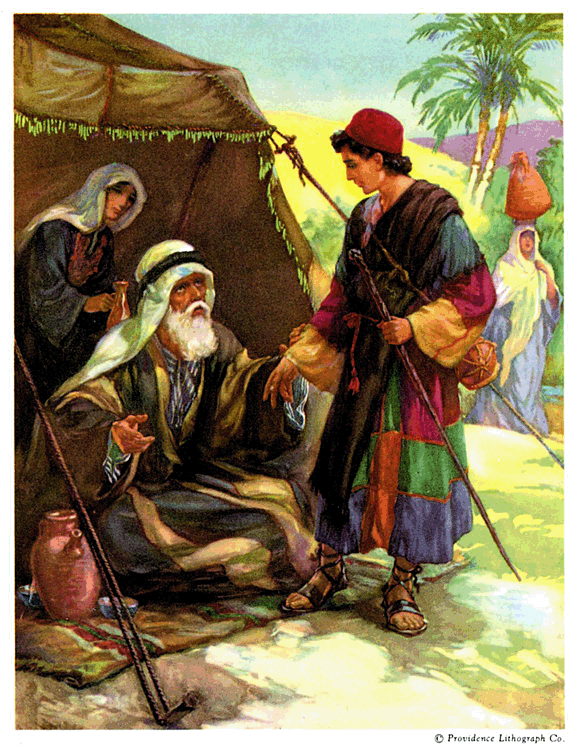Genesis 40:20, Pharaoh’s birthday. The is the first of three references to birthdays in the Bible. The second one is to Job’s children who were killed on, presumably, one of their birthdays (Job 1:4, 18–19).The third reference to King Herod, who had John the Baptist beheaded on his birthday (Matt 14:6–12). Because of the fact that birthdays are associated with calamity in the Bible, some people refuse to celebrate birthdays, even though there is no direct or indirect prohibition against honoring a loved one once a year on the day of their birth.
Though I respect a person’s right to disagree with me on this issue, it is the opinion of this writer that celebrating birthdays is neither inherently evil nor a pagan thing to do. It is merely honoring and respecting a loved one on the day marking their debut into this world. What’s evil about that? “Oh, it’s a pride thing,” someone might respond. If so, then answer me this: How is honoring and showing love by telling someone that you’re glad they were born “a pride thing”? And if it’s pride, then Continue reading







